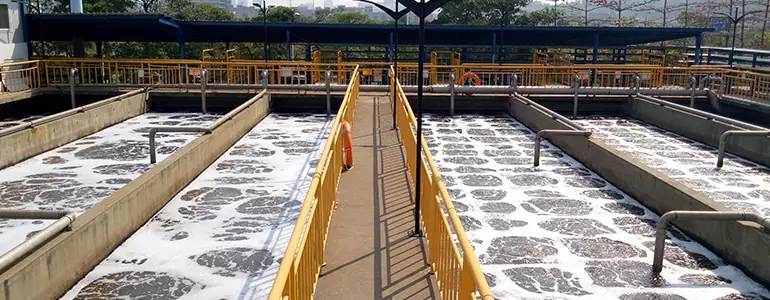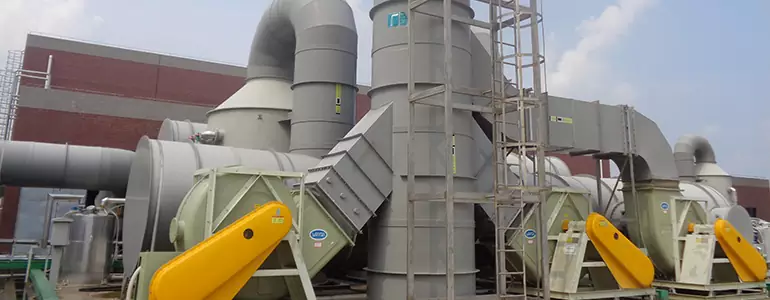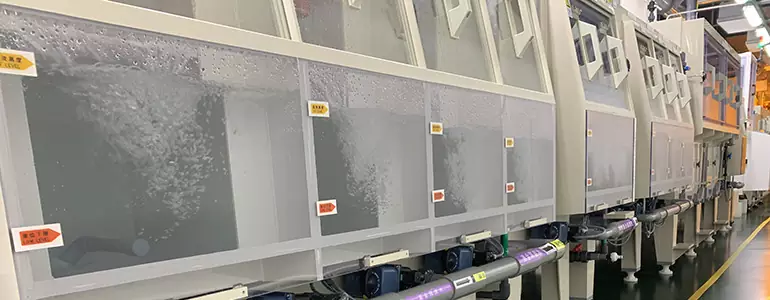ESG stands for Environmental, Social, and Governance, which are the three core dimensions for measuring a company's performance in sustainable development. Environmental focuses on the efforts of enterprises in reducing carbon emissions, conserving energy, and protecting biodiversity. Social involves aspects such as employee benefits, community relations, and human rights. Governance includes the management structure, business ethics, and transparency of the enterprise.
Corporate Social Responsibility (CSR) is a concept in which companies actively take on social responsibility to promote sustainable development of society and the environment. CSR emphasizes that companies should not only pursue economic benefits, but also be responsible for their employees, communities, and the environment.

For the green earth
We propose the concept of "green culture", creating green value through green innovation, green procurement, green production, green operation, green services, green regeneration, and green living, promoting the construction of green culture, and actively fulfilling corporate social responsibility. Responsibility.

Sewage disposal
Wastewater can be divided into more than 20 types based on the characteristics of products and pollutants, and 10 types of treatment systems have been designed according to the characteristics of wastewater. They are collected, processed, and recycled separately.
Various systems have the characteristics of saving land, reducing energy consumption, and maintaining flexibility while ensuring processing functions, effectively recovering water and heavy metal resources.
Adopting efficient processing equipment, multi-level processing, three-dimensional layout processing system, and intelligent central control system.
Each sewage treatment plant is equipped with a professional water quality laboratory, and the water quality of each treatment system is regularly tested by dedicated personnel.
Install online water quality/quantity monitoring devices at the wastewater discharge outlet, and connect with the local environmental protection department 24 hours a day to ensure that the wastewater meets 100% standards.

Waste gas treatment
According to the composition of pollutants and the characteristics of treatment processes, each type of production waste gas is classified into 12 categories for collection and treatment.
Regularly conduct independent and outsourced testing of exhaust gases emitted during production.
The concentration of exhaust gas emissions in each park is much higher than the national control standards.

Waste disposal
Principles of garbage disposal: harmless treatment, reduction, and resource utilization.
The company's various types of waste are identified, classified, and collected in detail from the source of the production line.
Solid waste is divided into three categories: hazardous waste, recyclable industrial waste, and non recyclable industrial waste.
Recyclable resources should be fully recycled and reused to create value, while non recyclable waste should be disposed of by legitimate and professional PCB manufacturer.